There were so many things I liked about Kevin Barry's story, "Fjord of Killary," appearing in The New Yorker this week. It was the first I'd heard of Barry, so there was that: the pleasure of "finding a shiny two-pound coin in a pile of muck," as Elaine Chiew puts it in The Short Review. (Not that the rest of The New Yorker content was mucky: quite the contrary.)
This was the pleasure of discovering a contemporary Irish writer who has an ear for the idioms of the West of Ireland as they might be given out these post-Celtic Tiger days at an old country pub. The protagonist is the owner of the Water's Edge Hotel, a middle-aged poet suffering under the ludicrous indignities of a "long silence" while serving drinks in the lounge bar where he thought he'd find purpose and a voice. Instead, he's drowning.
There's a psychological turn near the end of the story that nicely follows the pitch-perfect scenarios leading to it, with wilder, increasingly desperate social moments, vivid participants, and a rising sea. An otter is eating the carrot soup, and a black-backed gull tearing the head off its mate. Nature seeps in everywhere, and it is not sentimental and lovely; it is pagan, corrosive, and wild. The tone is at times wildly hilarious, perfectly absurd, and absolutely believable: a masterful combination.
The story contains "language." It gives the clientele of the pub a crude and booze-tinged view of the body in words that could be transcribed from conversations I recall overhearing in Irish bars: "It's not," says one old man, "like I'm going to take a lep at the little bitch. My leppin' days are long fuckin' over." The beauty is in the complete context of that phrase, and in that "lep."
The speaker is someone named Caoimhin (Irish for Kevin), and because he's a writer, it is tempting to imagine this is a "true story," and that we could find Kevin Barry tending bar near Galway, suffering from his dashed hopes. That's a nice loop, too – this is a true story of a different kind, crafted from scraps of experience but decidedly not a memoir or confessional tale. In the end, a Caoimhin discovers something profound (and profoundly Irish): the rigors (or rigor mortis?) of acceptance. The final epiphany is an energizing version of Irish Zen, an active high-tides-be-damned acceptance of the tragic and the absurd. I loved the last sentence.
 Tracking down the craic about Barry, I surfed through a few Irish reviews. Here is an interview, by Eimear Ryan, and another in The Limerick Leader, from the town where Barry once was a journalist. And another interview in The Short Review, where the topic is Barry's There Are Little Kingdoms, a collection of short stories published in 2007 that subsequently won the Rooney prize for Irish Literature. Another here at Cheebah by Eilis Ni Leathlobhair. They note the author's kinship to J.M. Synge and to Beckett, and to the self-deprecating humor of Flann O'Brien (Brian O'Nolan), also a master of the form.
Tracking down the craic about Barry, I surfed through a few Irish reviews. Here is an interview, by Eimear Ryan, and another in The Limerick Leader, from the town where Barry once was a journalist. And another interview in The Short Review, where the topic is Barry's There Are Little Kingdoms, a collection of short stories published in 2007 that subsequently won the Rooney prize for Irish Literature. Another here at Cheebah by Eilis Ni Leathlobhair. They note the author's kinship to J.M. Synge and to Beckett, and to the self-deprecating humor of Flann O'Brien (Brian O'Nolan), also a master of the form. There's another Kevin Barry, of course: an early Irish Republican who was executed by the British in 1920, celebrated in a ballad, and given a state funeral in 2001 with nine other "volunteers from the War of Independence" ("The Forgotten Ten"), all of whom were eventually moved from Mountjoy Prison to be re-interred in Dublin at Glasnevin Cemetery. That's quite a lot of history to have echo in your name.


























































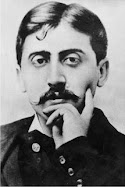






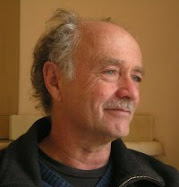











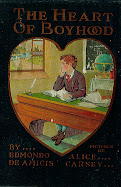
















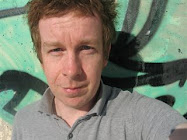




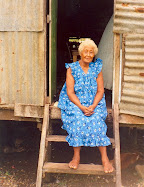





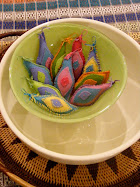




















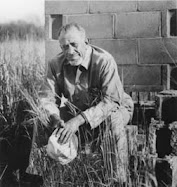









.jpg)





















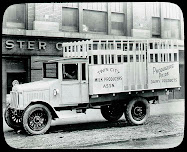





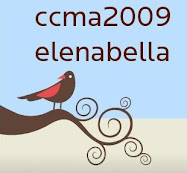














































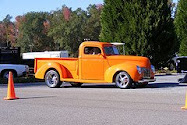













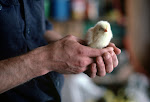
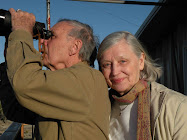
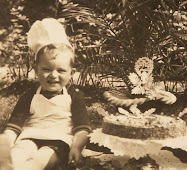














































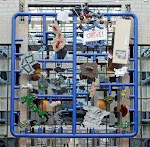.jpg)








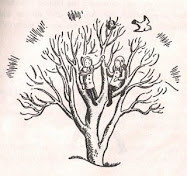







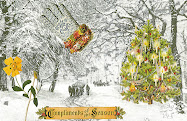



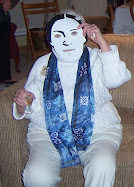





















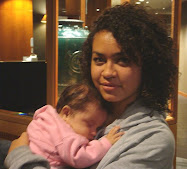






























































5 comments:
Your praise of Kevin Barry's "Fjord of Killary" led me straight to The New Yorker to read the story. The story reminded me of Conor McPherson's play, "The Sea Farer," and its booze-tinged language and believable characters, both hilarious and sad, drowning in their lives, but not drowning, too. The last line of the story made me laugh out loud!
It is both funny and profound. And not only in an Irish way..
There's a book called "By the Lake" by John McGahern that brilliantly delineated the character of a community and its natural surroundings. And of course, there's Roddy Doyle.
Yes! I love the work of both of those writers, though I've yet to read "By the Lake" – I'll seek that out. Roddy Doyle's "A Star Called Henry" is an amazing book.
Fjord of Killary was brilliant.
A new Irish comic writer is born.
Post a Comment